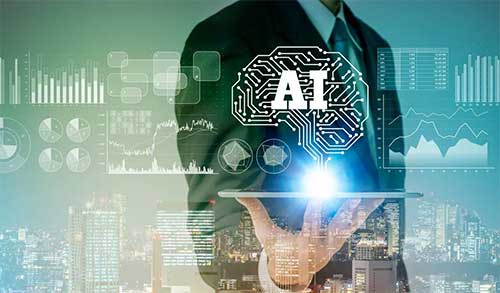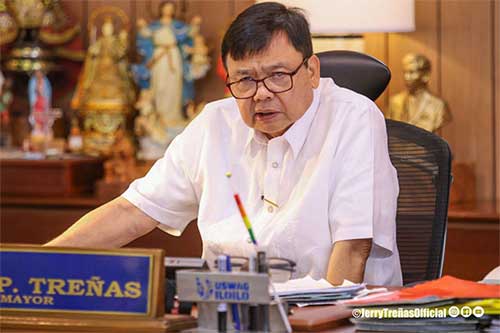
By Francis Allan L. Angelo
The National Economic and Development Authority (NEDA) unveiled a strategic roadmap and research center designed to leverage Artificial Intelligence (AI) to propel the Philippines toward digital transformation and economic growth.
The initiative, launched on July 3, aims to position the country as a regional leader in AI utilization.
NEDA Secretary Arsenio M. Balisacan emphasized the importance of the AI Strategy Roadmap 2.0 and the Center for AI Research (CAIR) in driving this vision forward.
“The National AI Strategy Roadmap 2.0 will strengthen the government’s capacity for sustainable digital transformation, stimulate local innovation and entrepreneurship while enabling unprecedented opportunities in the digital economy,” Balisacan said in a statement.
Strategic Goals and Alignment
The roadmap aligns with the Philippine Development Plan (PDP) 2023-2028, highlighting the potential of emerging technologies in job creation and socioeconomic transformation.
It advocates for adopting cutting-edge advancements, including generative AI, to foster innovation across multiple sectors. CAIR’s objective is to develop a robust ecosystem for AI applications, facilitating multidisciplinary research and the growth of full-time research scientists and engineers.
AI’s Economic Impact
The initiative is expected to invigorate critical growth sectors such as the creative and software development industries, along with higher value-added services.
Balisacan noted that AI could significantly boost the Philippine economy, potentially contributing P2.6 trillion annually if businesses adopt AI-powered solutions.
“By integrating generative AI, the Philippines can take a leading role in creative industries, software development, and other high value-added services,” Balisacan said, underscoring the transformative potential of AI technologies.
Workforce and Infrastructure Development
The roadmap also addresses workforce challenges, emphasizing the need for upskilling, reskilling, and training to support displaced workers.
Investing in AI-related education and incorporating AI courses into existing programs are key strategies to equip Filipinos with the necessary skills to capitalize on emerging technologies.
To fully leverage AI for economic growth, Balisacan reiterated the importance of enhancing the nation’s digital infrastructure.
He advocated for the passage of the Konektadong Pinoy Bill, aimed at providing affordable Internet access and enabling full participation in the digital economy.
“A modern digital infrastructure ensures these technologies operate efficiently, bringing innovations and efficiencies in sectors like healthcare, finance, and urban planning,” Balisacan added.
Collaboration and Future Prospects
NEDA is committed to collaborating with the Department of Trade and Industry (DTI) to implement the roadmap, focusing on evaluating AI applications, assessing their economic impacts, and developing responsive policy frameworks.
The initiative aims to address challenges in public institutions and infrastructure that hinder effective AI development and regulation.
“As we stride into an exciting future, we would like to thank the DTI for championing the adoption of AI to boost our economy’s competitiveness. Together, let us work toward sustaining rapid and inclusive economic growth and enabling a digitally empowered and inclusive society,” Balisacan said.






















